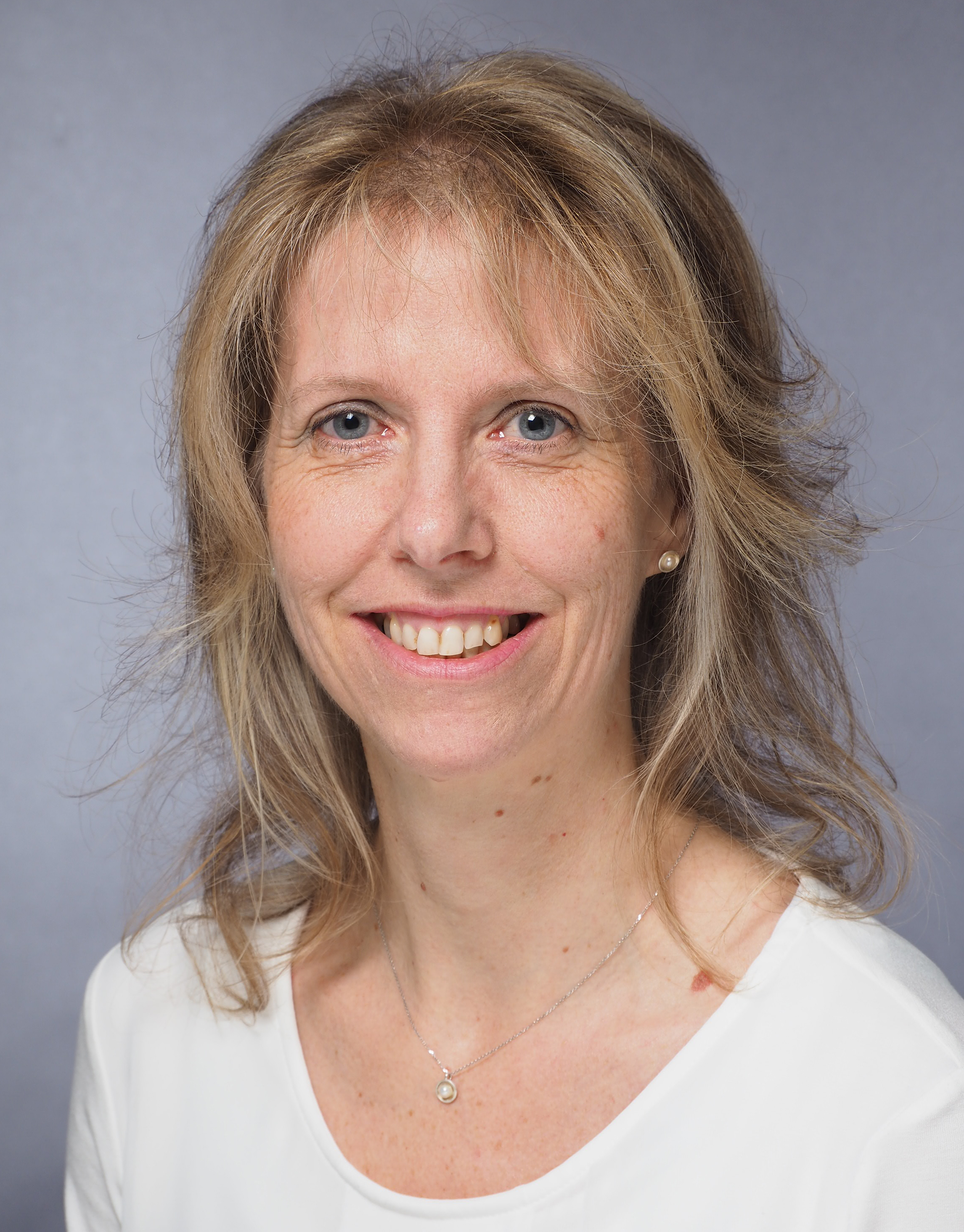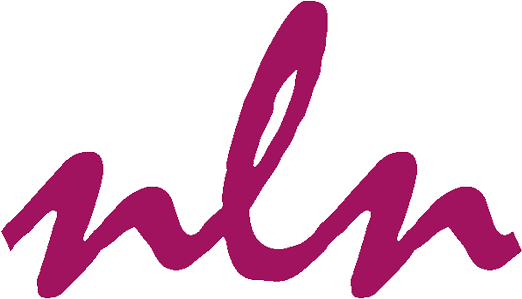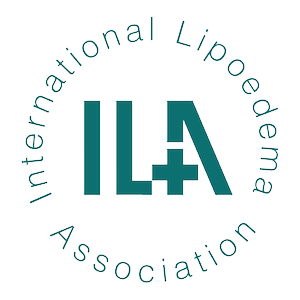 Gabriele Erbacher
Gabriele Erbacher
Clinical Psychologist
Foeldi Clinic
A Look into the Psychological Treasure Chest of Lymphology

Saturday, May 4, 8:10am – 10:00am
This presentation will provide a variety of helpful tools that will make lymphedema treatment easier, more joyful, and more successful. It will explain the importance of evaluating one’s own attitudes towards obesity and lipedema and suggest ways to talk with patients in a respectful way that encourages behavioral changes. Good questions can “taste like kisses;” they can open minds, help to find new perspectives, wake up sleeping resources and create new solutions. Tools will be provided for shifting focus away from symptoms and problems towards resources and solutions. Methods for avoiding professional burn-out will also be discussed.
Objectives
- Describe a respectful way of talking about obesity with a patient.
- Explain a patient´s influence on reducing their own pain in lipedema.
- Describe at least one method for helping a patient to shift focus away from solely on symptoms and problems towards solutions.
- Identify symptoms of therapist burnout.
- List recommended daily self-care techniques or psychohygiene that can help protect against therapist burnout.
References
Bainbridge, L., Davidson, K., & Loranger, L. Burnout among Alberta physiotherapists: A white paper. November 14, 2017.
Bertsch T, Erbacher G. Lipödem – Mythen und Fakten Teil 1 (Lipoedema – Myths and Facts Part 1). Phlebologie 2018; 47: 84–92.
Bertsch T, Erbacher G. Lipödem – Mythen und Fakten Teil 2 (Lipoedema – Myths and Facts Part 2). Phlebologie 2018; 47: 120-126.
Bertsch T, Erbacher G. Lipödem – Mythen und Fakten Teil 3 (Lipoedema – Myths and Facts Part 3). Phlebologie 2018; 47: 188-197.
Bertsch T, Erbacher G, Torio-Padron N. Lipödem – Mythen und Fakten Teil 4 (Lipoedema – Myths and Facts Part 4). Phlebologie. 2019; 48: 1-10. (English Version will be published in February 2019)
Bertsch T. Obesity-related Lymphoedema – underestimated and undertreated. Phlebologie. 2018; 47(02): 75-83.
Bohne M, Ohler M, Schmidt G, Trenkle B. Reden reicht nicht!? Bifokal-multisensorische Interventionsstrategien für Therapie und Beratung. Verlar: Carl Auer 2016.
C. Maslach, S. E. Jackson, & M. P. Leiter (Eds.), Maslach Burnout Inventory Manual (3-17). Palo Alto, CA: Consulting Psychologists Press 1996.
Embodimentfokussierte Psychologie (PEP) im Pflegealltag nutzen. Frankfurt am Main: Mabuse Verlag 2017.
Grümmer Hohensee C, Bohne M. Klopfen gegen den Stress. Prozess- und International journal of occupational medicine and environmental health 27.2 (2014): 224-235.
Kindl-Beilfuß C. Fragen können wie Küsse schmecken. Systemische Fragetechniken für
Krause F, Storch M. Ressourcen aktivieren mit dem Unbewussten. Die ZRM Bildkartei
Maslach C, Jackson SE. Maslach Burnout Inventory-Human Services Survey (MBI-HSS).
Maslach, C., Schaufeli, W. B., & Leitner, M. P. (2001). Job Burnout. Annual Review of Psychology, 52, 397-422.
Reinicke C. Resilienz bei schwerer Krankheit. Psychische Ressourcen stärken mit einfachen Mitteln. Freiburg: Herder Verlag 2018.
Schlair S. Moore S. Mc Macken M. Jay M. How to deliver high quality obesity counseling in primary care using the 5As framework. J Clinical Outcomes Manag 2012; 19 (5):221-229.
Schonfeld IS, Bianchi R. Burnout and depression: two entities or one? J Clin Psychol. 2016; 72:22‐37.
Śliwiński, Zbigniew, et al. “Burnout among physiotherapists and length of service.”
Storch M, Krause F. Selbstmanagement – ressourcenorientiert. Bern: Hogrefe 2017
Sturgiss E, Van Weel Ch. The 5 As framework for obesity management. Do we need a more intricate model? Can Fam Physician 2017; 63:506-508. Theorie und Praxis Manual. Bern: Hogrefe 2018. University of New Jersey 2014.
About the Presenter
 Gabriele Erbacher has been treating cancer patients, including patients with secondary lymphedema, since 1995. In her private practice, opened in 2007, Gabriele practices psychotherapy and supervises therapists from several professions. Since 2013, she has been a psychologist at the Foeldi Clinic – European Center of Lymphology where she specializes in the treatment of patients with lipedema and the psychological assessment and treatment of obese patients within the obesity program.
Gabriele Erbacher has been treating cancer patients, including patients with secondary lymphedema, since 1995. In her private practice, opened in 2007, Gabriele practices psychotherapy and supervises therapists from several professions. Since 2013, she has been a psychologist at the Foeldi Clinic – European Center of Lymphology where she specializes in the treatment of patients with lipedema and the psychological assessment and treatment of obese patients within the obesity program.
Gabriele is also passionate about using an integrative and holistic approach during rehabilitation treatment of cancer patients. She first formalized her interest during her last year of studies at the University of Freiburg, when she carried out a study at the Tumor Biology Center Freiburg (Germany) that explored the efficacy of this approach. The results were presented by Senior Psychologist Dr. Joachim Weis at the 3rd World Congress of Psycho-Oncology in New York in 1997.
Gabriele started her career at the Institute for Rehabilitation Research and Quality Management Scheidegg and the Oncology Department at Paracelsus Clinic in Scheidegg (Germany) where she offered psychotherapy to cancer patients and supervised lymph therapists and other physiotherapists. Gabriele then worked in several other oncological clinics, including the Biomed Clinic, Friedenweiler, which uses an integrative approach that combines complementary methods with conservative cancer treatment. While working in a psychosomatic clinic, Gabriele organized a therapy group for patients dealing with chronic pain.
Gabriele has lectured at several German lymphology conferences and organized workshops for patient support groups and for therapists. Gabriele is the co-author of “Lipedema – Myths and Facts,” a series of articles she published together with Dr. Tobias Bertsch of the Foeldi Clinic.
Gabriele´s qualifications (certifications?) in psychotherapy include:
- European Certificate of Psychotherapy (EAP)
- Psycho-Oncology (ZIST)
- Systemic Therapy and Family Therapy (IGST and SG)
- Clinical Hypnosis (M.E.G.), International Certificate of Hypnosis (ESH)
- EMDR (Eye Movement Desensitization and Reprocessing) (EMDRIA)
- PEP® (Process- and Embodiment-Focused Psychology) by Dr. M. Bohne
- Supervision (HSI)




